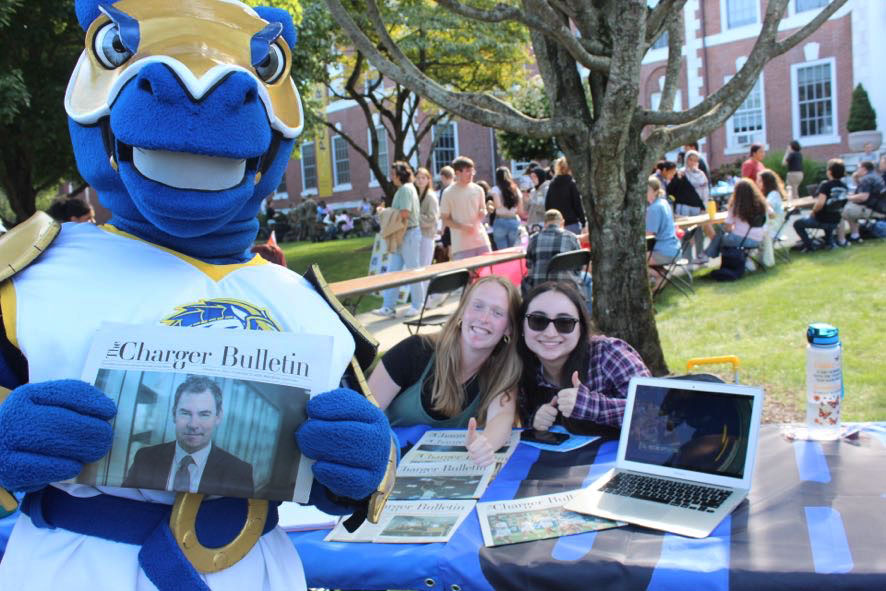With a campus as small as the one at the University of New Haven, how do students go about seeking community? With sparse options for connections, the inherent pressure placed on each one does not generate the most optimistic outlook when we seek companionship. When campus clubs are far too niche to bridge different subsets of individuals, and many groups too closed off to welcome members who would expand the realm of their thinking, how are we to work to evolve as plastic young adults if we are rooted in West Haven’s concrete?
Something particularly special about attending a smaller university is the weight at which paths of students will cross invariably. However, where we fall short as a student collective is seen in the ways that we allow those paths to diverge once more without asking what we can gain from pursuing this fleeting overlap.
There are countless groups created for certain niches of students — whether based on an identity, shared interest or area of expertise — but if we continue to construct these groups in a way that ostracizes even those who resonate with the values of a group, how do we bridge the gaps required for us to foster learning from one another?
Our list of Recognized Student Organizations (RSOs) is expansive. We have affinity groups for just about every ethnic and cultural identity, we have groups for members of numerous religions to gather and discuss their faith, we have groups for students to network their way into the professional world, groups to share their experiences as members of protected classes and groups for students who excel in certain areas to take on leadership roles around their peers. These resources are incredibly valuable and can make the transition into the undergraduate world easier, and navigation of young adulthood a feat that does not feel like it has to be tackled alone.
When it comes to a campus of under 10,000 students, we do need to be mindful, however. To immerse too deeply into groups made up of wildly similar people is to risk creating divides that strip us of our ability to assimilate with people radically unlike ourselves. We should take advantage of the diversity on our campus and venture into conversations with people who are members of RSOs we might not even completely understand, who discuss things we have never heard of and who celebrate things we have yet to learn about ourselves.
Within our own groups of familiar people, we must also be careful not to generate checklists filled with criteria of the types of people we allow into our circles. There is not one way to be LGBTQ+, or one way to think as a member of this community. There is not one way to express Black or Latinx cultures, or to express the history of your family. There is not one way to live as a disabled person, or to live your unique experiences. We cannot isolate individuals from these groups on campus who do not celebrate the different items of their identities in the same ways as their peers.
The University of New Haven gives students an endless pool of opportunity to learn about societal integration before even entering the working world, and we as its students will be much more successful in our careers if we use this community to build our own holistic understandings of people around us. We should hear the voices of the people who share our identities and those who do not, to greater understand the world that we are about to begin leading together.




